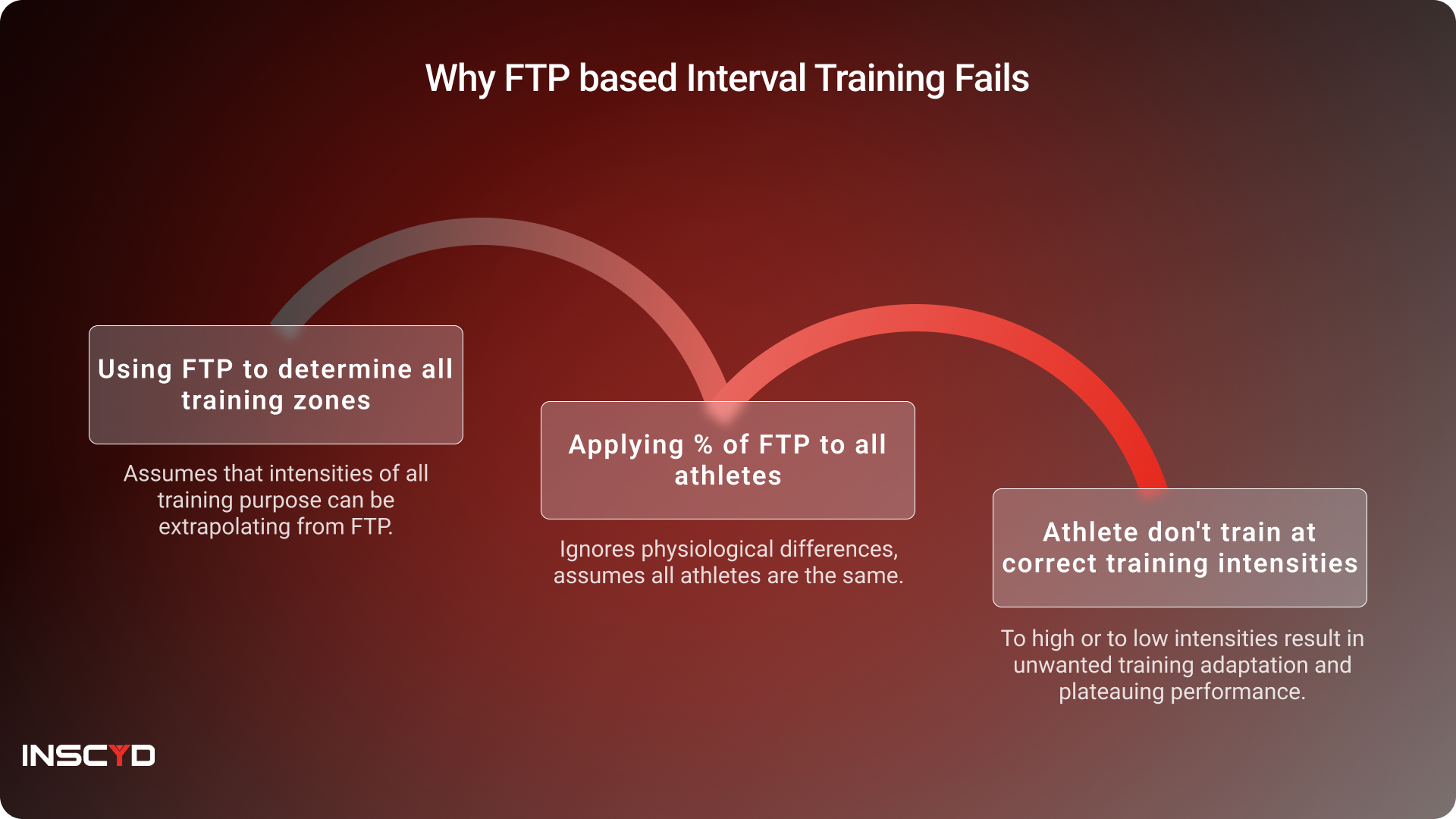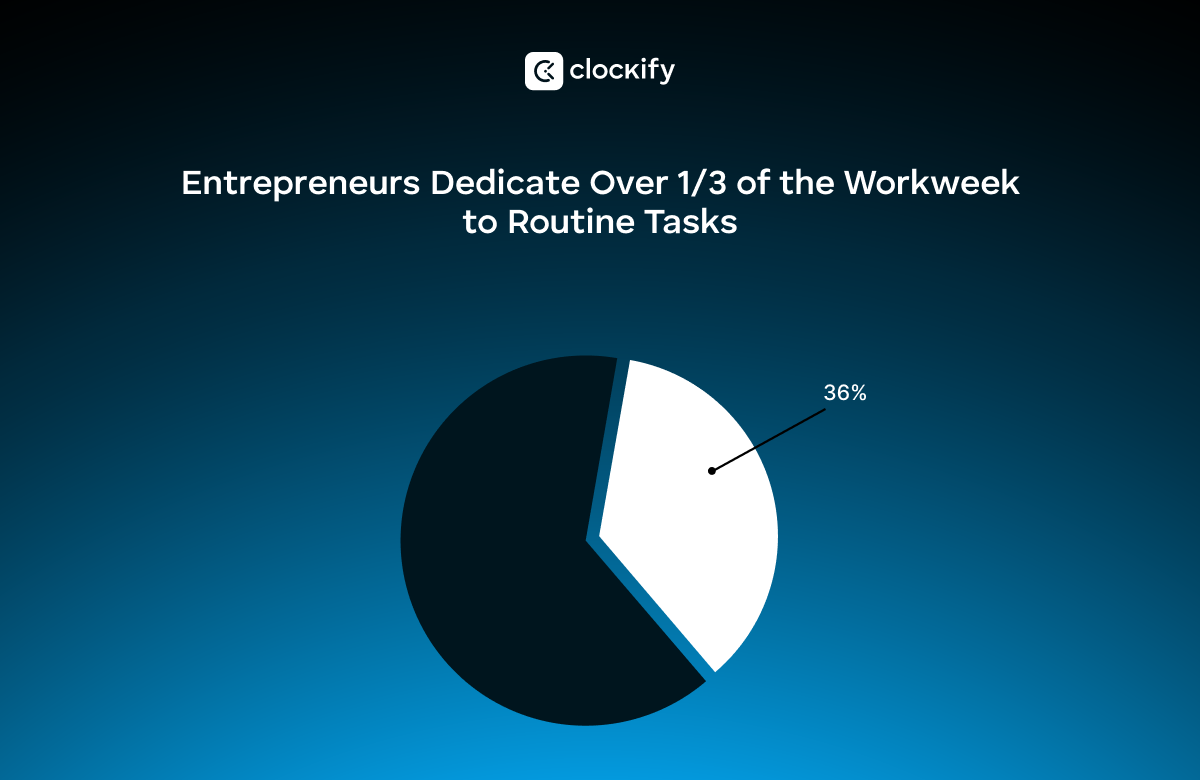Redefining Success: How Simple Living Can Reverse Our Social Expectations

Redefining Success Through Simplicity
In today’s fast-paced world, the definition of success often comes laden with expectations. The endless pursuit of wealth, status, and possessions can leave individuals feeling unfulfilled. As societal standards continue to shift, many are starting to question longstanding assumptions about what it means to lead a successful life. One compelling alternative lies in the concept of simple living, which invites individuals to reevaluate their priorities and find fulfillment beyond material accumulation.
This exploration of simple living offers a refreshing perspective on success, focusing on personal growth, well-being, and meaningful connections rather than external validation or financial gain. To grasp how simple living can redefine success, consider the following aspects:
- Mindfulness: Practicing awareness in daily activities can enhance life satisfaction. Engaging in mindfulness exercises, such as meditation or yoga, fosters a deeper connection with oneself, promoting mental clarity and emotional resilience. Research has shown that incorporating mindfulness into daily routines can reduce stress and improve overall mental health. For example, a study published in the journal “Psychosomatic Medicine” found that individuals who regularly practiced mindfulness experienced lower levels of anxiety and depression.
- Minimalism: Reducing clutter not only in homes but also in minds can lead to clarity. The minimalist movement has gained traction in recent years, with people simplifying their lives by decluttering their surroundings and limiting their possessions. This approach can open up mental space, allowing individuals to focus on what truly matters—relationships, hobbies, and personal accomplishments. For instance, many Americans are now choosing to adopt a more minimalist lifestyle by downsizing their homes or even adopting “tiny living” principles, which emphasize living in smaller spaces with fewer possessions.
- Community: Emphasizing connections over consumerism fosters deeper relationships. The power of community cannot be overstated; strong social ties have been consistently linked to happiness and quality of life. Rather than investing time and energy into acquiring material goods, individuals prioritizing community building often find that meaningful interactions with family and friends lead to increased life satisfaction. Participating in local events, volunteering, or joining clubs can forge lasting connections and create a sense of belonging.
As we delve deeper, we’ll uncover how embracing a simpler lifestyle can lead to greater happiness and a profound shift in perspective. This transition encourages individuals to shift focus from material success to personal well-being, nurturing a holistic approach to life. Ultimately, simple living cultivates an environment where inner peace and contentment can thrive.
Could a commitment to simplicity pave the way for a richer, more fulfilling life? As we investigate the power of simplicity in reversing our social expectations, it becomes evident that redefining success offers an opportunity for a more humane and balanced existence. In making conscious choices towards simplicity, individuals can transcend the noise of consumer culture and discover a life steeped in authenticity and satisfaction.
DIVE DEEPER: Click here to discover how simplicity boosts productivity

The Shift in Perspective: Embracing the Essence of Simple Living
The traditional metrics of success emphasize financial achievements, prestigious job titles, and luxurious possessions. However, as the relentless cycle of consumerism continues to dominate contemporary life, a growing number of individuals are questioning the inherent value of these societal expectations. Simple living presents an alternative approach, encouraging a focus on mental well-being, fulfillment, and authentic relationships rather than transient material gains. This shift in perspective is not merely about reducing clutter but about fostering a deeper understanding of what truly constitutes a successful life.
At the heart of simple living lies the concept of mindfulness. This practice encourages individuals to cultivate an awareness of their thoughts, feelings, and surroundings, leading to a more intentional way of living. By focusing on the present moment, individuals can break free from the anxieties that accompany constant striving for more. According to research from the Greater Good Science Center at UC Berkeley, mindfulness practices can enhance personal happiness, reduce emotional distress, and even foster compassion towards oneself and others. Engaging in activities like meditation, deep-breathing exercises, or simply being fully present during daily tasks can cultivate a sense of contentment that often eludes those entrenched in the pursuit of external success.
Another pivotal aspect of simple living is minimalism, which emphasizes the idea of “less is more.” By intentionally decluttering both physical spaces and mental landscapes, individuals can prioritize what adds value to their lives. A Harvard Business Review study reveals that clutter can negatively impact focus, motivation, and overall mental health. As people begin to downsize their belongings and simplify their schedules, many find that they can devote more time to passions, skills, and relationships that enrich their lives. This movement has manifested itself across the United States, with many opting for tiny homes or minimalist lifestyles that encourage quality over quantity.
Moreover, the significance of community in the realm of simple living cannot be overlooked. In a world increasingly defined by isolation and digital connections, fostering genuine human relationships can significantly boost personal well-being and satisfaction. Strong social ties have been linked to greater happiness, resilience against stress, and longer lifespan, as per numerous studies published in reputable journals such as “Health Affairs.” Individuals who emphasize community over consumerism often find that participating in local events, volunteering, or simply gathering with family and friends fosters a sense of belonging and enriches their daily experiences.
As we embark on this exploration of simple living, it is essential to recognize that redefining success is not merely an act of personal well-being but a transformative movement towards a more balanced society. The embrace of simplicity allows individuals to prioritize mental health and connections, stripping away the unnecessary noise and distractions of modern life. In doing so, many discover a profound sense of fulfillment that challenges conventional metrics of success and illuminates the path to a richer existence.
| Category | Benefits |
|---|---|
| Mindfulness | By embracing simple living, individuals cultivate mindfulness, leading to greater awareness of their thoughts and emotions. |
| Reduced Stress | A minimalist lifestyle often results in reduced stress levels by eliminating unnecessary possessions and distractions. |
| Financial Freedom | Simple living promotes financial freedom through lower expenditure, allowing for savings and investments in enriching experiences. |
| Stronger Relationships | Focusing on quality time rather than material possessions fosters stronger relationships with family and friends. |
The shifting perception of success in our society encourages individuals to question the status quo. Traditional metrics of success often prioritize wealth and material gain, but simple living allows us to redefine these norms. As people adopt minimalism, they find not just freedom from clutter but also a profound sense of clarity. This lifestyle choice invites individuals to prioritize experiences over possessions, nurturing personal growth and community involvement. Furthermore, studies suggest that reducing material consumption can lead to increased happiness and satisfaction. Harnessing the power of simplicity lays the foundation for richer, more meaningful lives, inviting an interesting discussion about how societal expectations can evolve alongside individual choices.
DISCOVER MORE: Click here for inspiration on minimalist living
Rethinking Relationship with Work: The Freedom of Doing Less
In a world where work defines personal value, simple living challenges the existing paradigms of employment and productivity. The idea of work-life balance often feels elusive, leading to burnout and a pervasive sense of inadequacy. By embracing simple living principles, individuals can seek a more sustainable relationship with their careers. Instead of measuring success by long hours logged or relentless ambition, many are finding merit in pursuing work that aligns with their passions and values.
According to a 2022 Gallup survey, over 60% of American workers reported feeling stressed on a daily basis, frequently due to overwhelming job expectations and the desire to endlessly climb the corporate ladder. This paradigm shift encourages people to consider career options that not only pay the bills but also contribute to personal happiness and fulfillment. The rise of the gig economy and remote work has allowed more flexibility, enabling people to tailor their work environments to their preferences and lifestyles. Many have embraced freelance opportunities, part-time roles, or even starting their own businesses that align with their passions, prioritizing purpose over profit.
Financial Independence: The Key to Simplified Living
Integrating simple living practices often leads to a more thought-out approach to financial independence. The path towards reducing expenses and living minimally is not only about lifestyle choices; it is a philosophy that encourages cultivating savings and reducing debt. Many advocates of simple living emphasize the importance of understanding one’s financial landscape to achieve true freedom. A significant aspect of this practice revolves around adopting conscious spending habits, which allows individuals to invest in assets that align with their values rather than succumbing to consumerism.
Statistics indicate that the average American household carries over $15,000 in credit card debt. By embracing simple living habits, individuals focus on paying off debts and cutting unnecessary costs. Population studies show that those living a more minimalist lifestyle typically experience lower levels of anxiety regarding financial situations, empowering them to make decisions from a place of strength rather than scarcity. This practice can lead to greater self-reliance and a renewed sense of purpose, as individuals see their savings contributing to experiences that matter most to them, such as travel, education, or community involvement.
The Ripple Effect: Cultivating a Culture of Mindful Living
As more people engage in the principles of simple living, a larger cultural shift begins to take place, altering societal expectations about success. Brands and organizations are responding to this growing awareness by adopting sustainable practices and promoting consumer responsibility. The demand for ethically sourced products and services is soaring, as consumers prioritize companies that align with their values over those simply chasing profits. This shift towards conscious consumerism signifies a rebuke of the traditional notions of success based solely on economic metrics.
Moreover, communities that foster collective goals over individual gains often witness an increase in well-being among their members. As individuals embrace simple living, they advocate for shared resources, cooperatives, and communal initiatives that encourage sustainability and deeper connections. The concept of time banks, where hours of service are exchanged rather than money, promotes social equity while aligning with the core principles of simple living. Research from the Social Science Research Network suggests that societies focusing on well-being rather than wealth experience improved overall health outcomes and social cohesion.
In essence, redefining success through the lens of simple living invites a transformation of societal values, paving the way for a future where happiness is measured not through excess but through deep, meaningful connections and authentic life experiences.
DISCOVER MORE: Click here to simplify your wardrobe
Conclusion: Embracing a New Vision of Success
As we navigate the complexities of modern life, redefining success through the lens of simple living offers a refreshing counter-narrative to the relentless pursuit of wealth and status. This movement invites us to reconsider what it truly means to thrive in our personal and professional lives. By prioritizing relationships, well-being, and meaningful experiences over material accumulation, we stand to enrich our lives in profound ways.
The statistical evidence is compelling: as individuals commit to simplified living, we see not only an increase in personal satisfaction but also a decline in societal stress levels. Shifting the focus from economic growth to communal harmony transforms communities, fostering environments where collaboration and sustainability take precedence. From the rise of conscious consumerism to the popularity of alternative work models, these trends signify a larger cultural awakening.
Ultimately, embracing simple living isn’t about compromising on dreams or aspirations; it’s about aligning them with our values and fostering a sense of community. The journey towards financial independence becomes less about wealth accumulation and more about the freedom to choose how we spend our time, energy, and resources. As we challenge age-old notions of success, we cultivate a culture that values connection over competition, mindfulness over materialism, and joy over achievement. This vision of success is not only attainable but also essential for a happier and more sustainable future—one where we can all flourish together.

